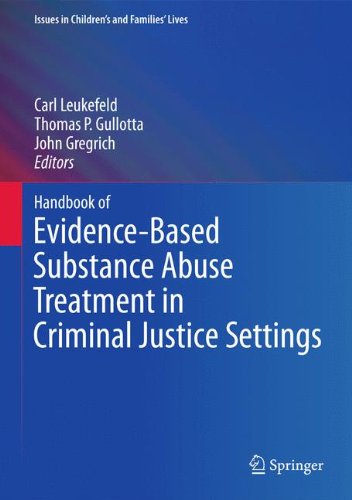

Most ebook files are in PDF format, so you can easily read them using various software such as Foxit Reader or directly on the Google Chrome browser.
Some ebook files are released by publishers in other formats such as .awz, .mobi, .epub, .fb2, etc. You may need to install specific software to read these formats on mobile/PC, such as Calibre.
Please read the tutorial at this link: https://ebookbell.com/faq
We offer FREE conversion to the popular formats you request; however, this may take some time. Therefore, right after payment, please email us, and we will try to provide the service as quickly as possible.
For some exceptional file formats or broken links (if any), please refrain from opening any disputes. Instead, email us first, and we will try to assist within a maximum of 6 hours.
EbookBell Team

5.0
90 reviewsGet high. Become addicted. Commit crimes. Get arrested and be sent to jail. Get released. Repeat. It's a cycle often destined to persist, in large part because the critical step that is often missing in the process, which is treatment geared toward ensuring that addicts are able to reenter society without the constant threat of imminent relapse.
The Handbook of Evidence-Based Substance Abuse Treatment in Criminal Justice Settings probes the efficacy of corrections-based drug interventions, particularly behavioral treatment. With straightforward interpretation of data that reveals what works, what doesn't, and what needs further study, this volume navigates readers through the criminal justice system, the history of drug treatment for offenders, and the practical problems of program design and implementation. Probation and parole issues as well as concerns specific to special populations such as women, juvenile offenders, and inmates living with HIV/AIDS are also examined in detail.
The Handbook's wide-ranging coverage includes:
This must-have reference work is a comprehensive and timely resource for clinicians, researchers, and graduate students across a variety of disciplines including clinical psychology, criminology and criminal justice, counseling, and educational policy makers.